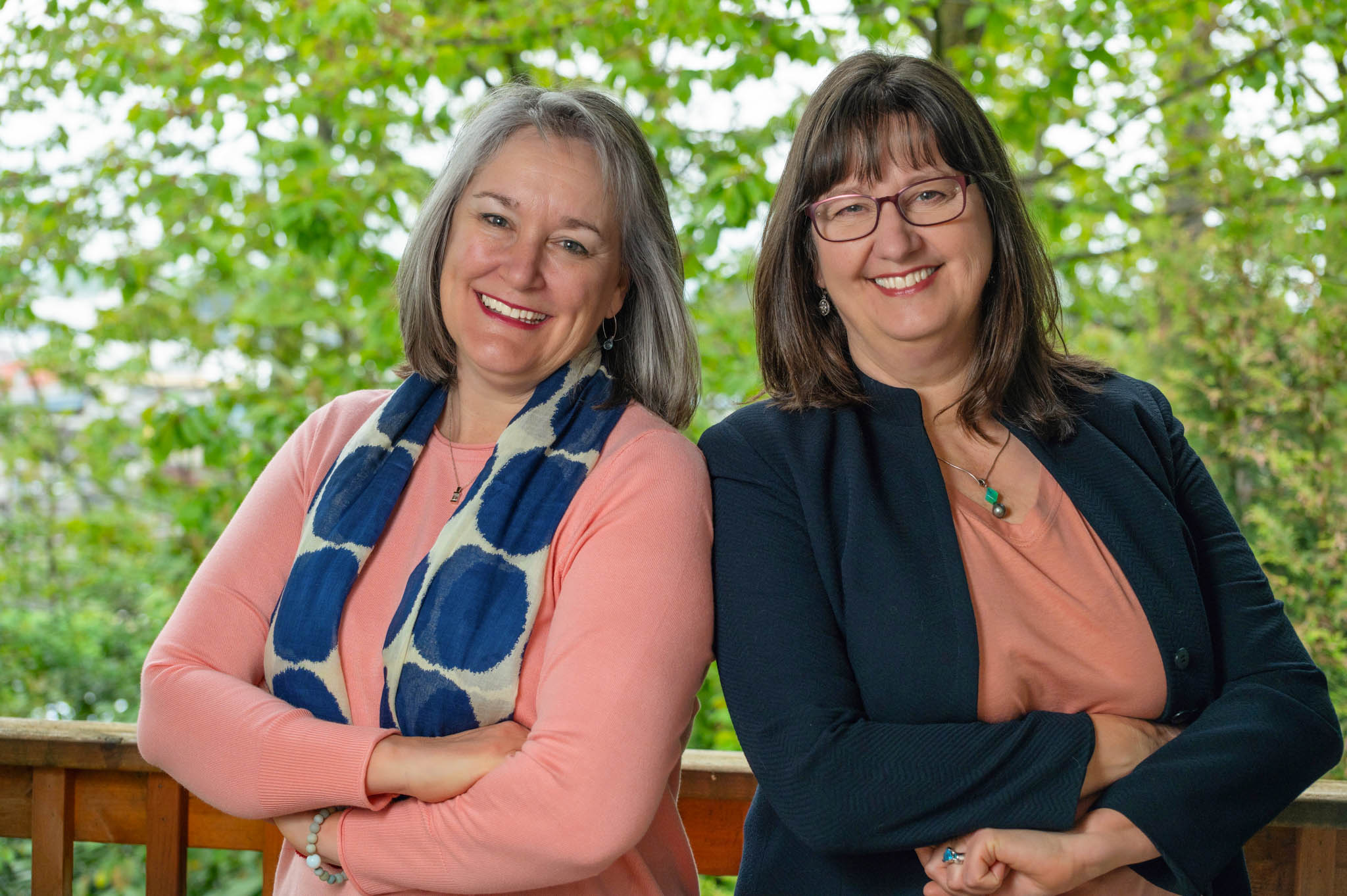
Situation:
Julie is concerned about the loan they took out when Anthony got sick. The medical bills were piling up fast. They responded to a mailing from a lender that advertised a cash-out loan and no monthly payments. It seemed to be a solution for them to stay on top of their bills that did NOT require a monthly payment.
Unfortunately, they didn’t fully understand the terms of this loan and they were under pressure. They signed the loan documents only to realize later that this was not an FHA Insured Reverse Mortgage (a HECM) but they had signed on for an “EQUITY SHARE” loan. That part was not really made clear on the postcard advertising Julie said.
Unlike the FHA Insured Reverse Mortgage where the term ‘equity out’ is sometimes used, – This “EQUITY SHARE” loan meant that over time the borrowers would lose a portion of their equity and ownership to the lender and WHEN the equity ran out, Julie and Andrew would have to get out of the home! OR, if they even managed to pay off this loan, not only did they have to pay the loan balance, but they could be obligated to ‘share’ in the appreciation gains of the property during the time the loan was in place.
Julie always felt like she was rushed into signing with the loan and never understood, and she takes responsibility for that action, but now on top of everything else, she needed to clear up this new mess. She took it to her attorney. The attorney contacted Kim Dodge Reverse Mortgage for a consultation.
The Financial Challenge:
Julie is at her wits end. She is caring full time for Anthony. She is ashamed that they fell for the sales pitch or didn’t really pause to understand what she and Anthony were signing up for. They needed a way out and unfortunately for them, it was not the right decision as it could make them homeless in a few years.
She wants to find a way to stay in the home and retain some of the equity they built up over the years. But the same challenges remain at this time – too many bills, too little income until she can get Anthony’s permanent disability income approval. They had to spend money to remodel the bathroom and bedroom so that Anthony could be cared for at home.
Julie has a lot of questions for Kim and Cheryl. She is understandably gun shy and really wants to understand the process completely this time, even though the recommendation came through her attorney.
And Kim and Cheryl needed the attorney’s help to unravel this one. The EQUITY SHARE lender was slow to respond (to say the least!) when Escrow asked for a payoff. Due to the generalized terms of ‘shared appreciation’ in the NOTE, it was not immediately known what the payoff would actually be. Would Julie and Anthony have enough equity now to qualify for an FHA Insured Reverse Mortgage and to pay off this loan that was not right for them?
The Solution:
Well, we won’t keep you in suspense.
- There was enough equity still for the Reverse Mortgage and for a small credit line within the reverse mortgage.
- The outstanding bills got paid, including the attorney bill.
- Julie and Anthony were relieved.
- Julie had more energy to pursue the things they needed that would further stabilize their financial situation (Anthony’s disability payments)
- And they could get back to healing together.
With the FHA reverse mortgage loan, there is NO EQUITY SHARE. A true reverse loan is a lien against your property just like any other loan.
- You are not required to make a monthly principal and interest payment, however, if you do not, interest and sometimes mortgage insurance does accrue against the loan balance each month and the loan balance rises each month.
- You must pay property taxes, HOA if applicable, and homeowner’s insurance.
- If you choose the loan type with the line of credit option, if you make payments toward the balance of the loan when and how much you want, you will lower the loan balance at that time.
- You can also draw those funds back out again too.
This feature was important to Julie as she wants to make sure they keep as much equity as they can over time. Her plan is to make payments to the Reverse Mortgage Lender when she has extra money at the end of the month. It will pay down her loan balance and less interest will accrue. She can build up her line of credit when able and draw upon it at any time she needs to in the future.
Solving complex home financing challenges is what Kim Dodge Reverse Mortgage is good at.
What to Do Next:
Call Kim and Cheryl with any questions. 503-595-1600 Be Retirement Ready!
Learn About Your Options, Be Retirement Ready!
Phone: (503) 595-1600 or Email: Hello@KimDodgeReverse.com

Kim Dodge, Branch Manager | NMLS 186099
Cheryl Teigen, Loan Officer | NMLS 2089085
Kim Dodge Reverse Mortgage, a dba of Zyng, Inc.
NMLS 76801 | Licensed in Oregon & Washington
ConsumerAccess.org
Kim Dodge Reverse Mortgage – YouTube




